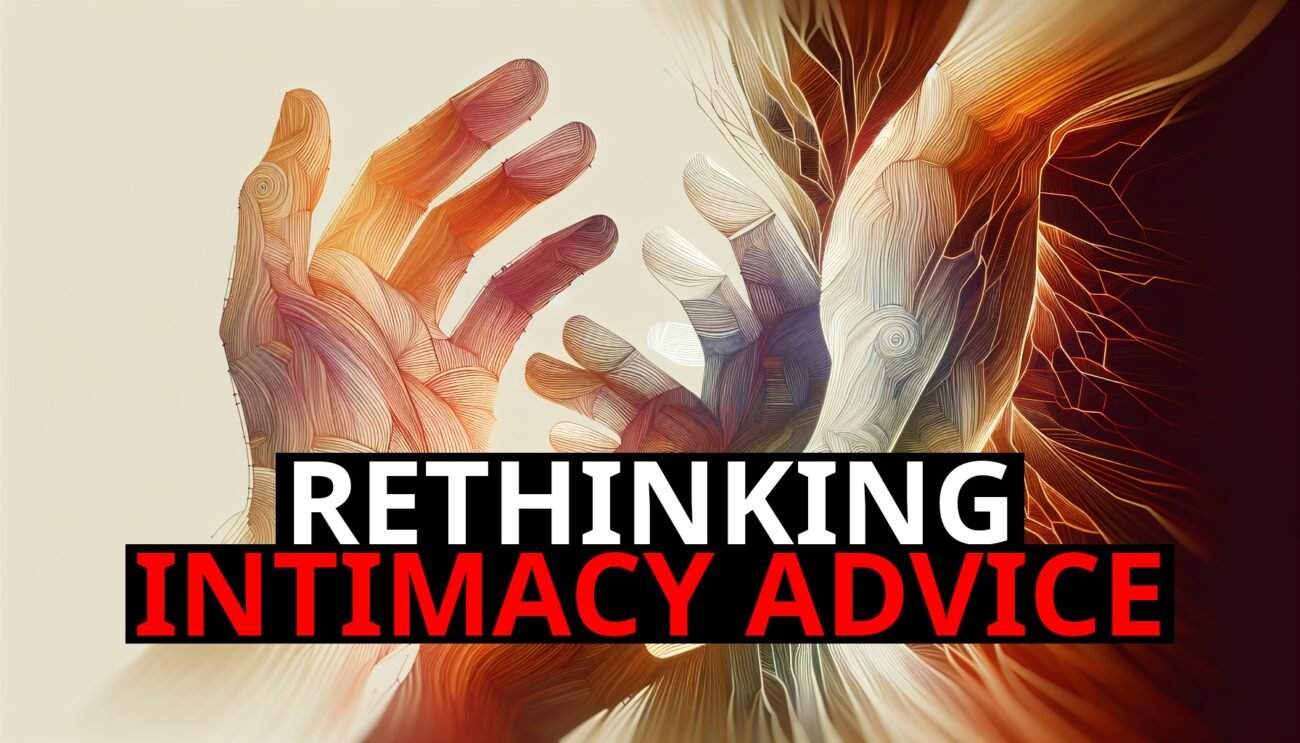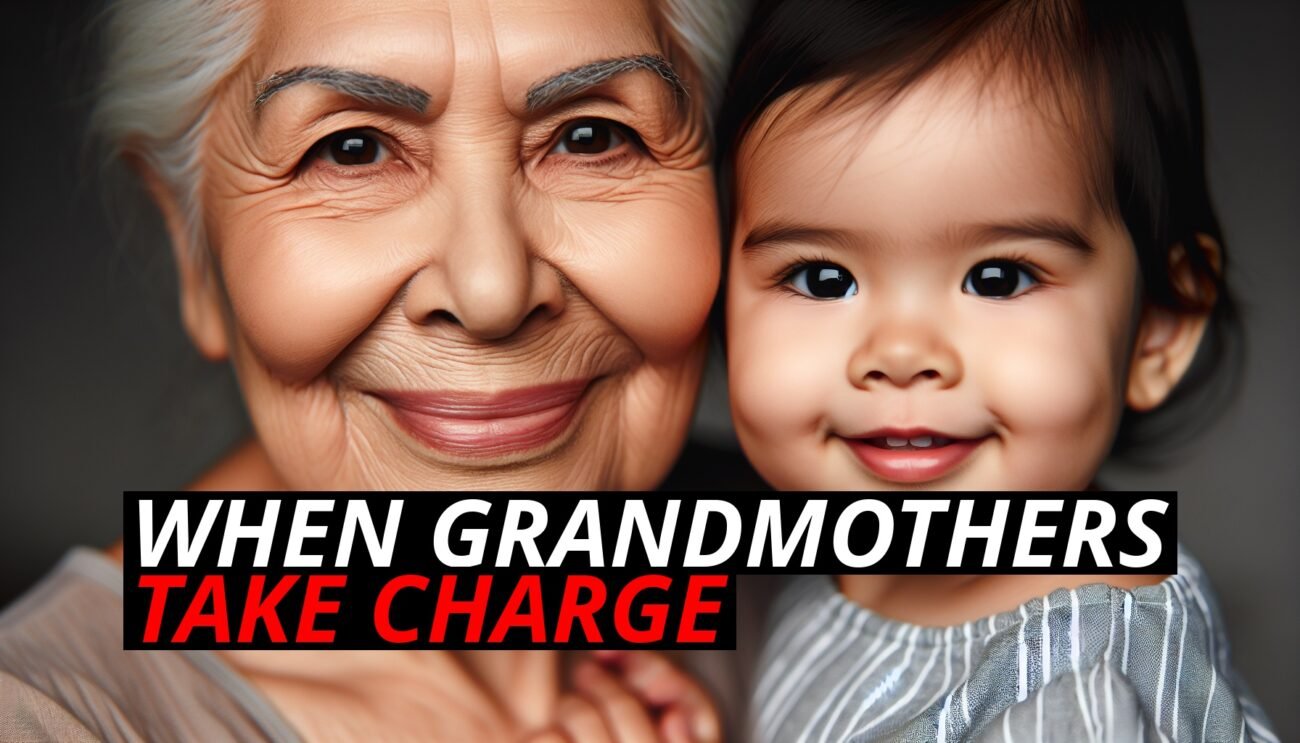In the realm of modern relationships, dominance is often a taboo topic, particularly within feminist frameworks. Many feminist ideologies promote the idea that men and women are fundamentally the same, with equal desires and capabilities. This perspective denies the reality of dominance as a key driver of attraction for many women—and the consequences of ignoring this truth are becoming increasingly apparent.
The Feminist Reframing Of Gender Dynamics
Feminist ideologies often argue that attraction should be rooted in equality, mutual respect, and shared decision-making. While these are admirable ideals, they overlook the biological and psychological factors that influence attraction. Dominance, confidence, and assertiveness remain traits that many women find intrinsically appealing in men, regardless of societal messaging.
By denying the existence or importance of dominance, these frameworks fail to address the real desires that shape relationships, leading to confusion and dissatisfaction.
Why Dominance Is Hardwired
Dominance isn’t just a social construct—it’s deeply rooted in evolutionary psychology. Historically, dominant men offered security, leadership, and the ability to protect and provide, qualities that were crucial for survival. While modern life has evolved, these instincts persist, influencing what many women find attractive in a partner.
Ignoring these realities doesn’t make them disappear. Instead, it creates a disconnect between what women are told they should want and what they actually desire.
The Cost Of Denial
Denying dominance as an attractive trait creates challenges for both men and women. Men are discouraged from developing traits like confidence and assertiveness, fearing they’ll be labeled as aggressive or controlling. Women, meanwhile, may struggle to reconcile their natural preferences with societal narratives that prioritize egalitarianism over attraction.
This disconnect can lead to relationships that lack the passion and emotional fulfillment rooted in natural dynamics, leaving both partners unsatisfied.
Bridging The Divide
Recognizing dominance as a legitimate aspect of attraction doesn’t mean abandoning equality or respect—it means understanding the complexity of human desires. Feminist frameworks can evolve to acknowledge these dynamics, encouraging healthy expressions of dominance that coexist with emotional intelligence and mutual respect.
By facing reality rather than denying it, society can foster relationships that align with both individual desires and shared values, creating a more authentic and fulfilling approach to modern love.













